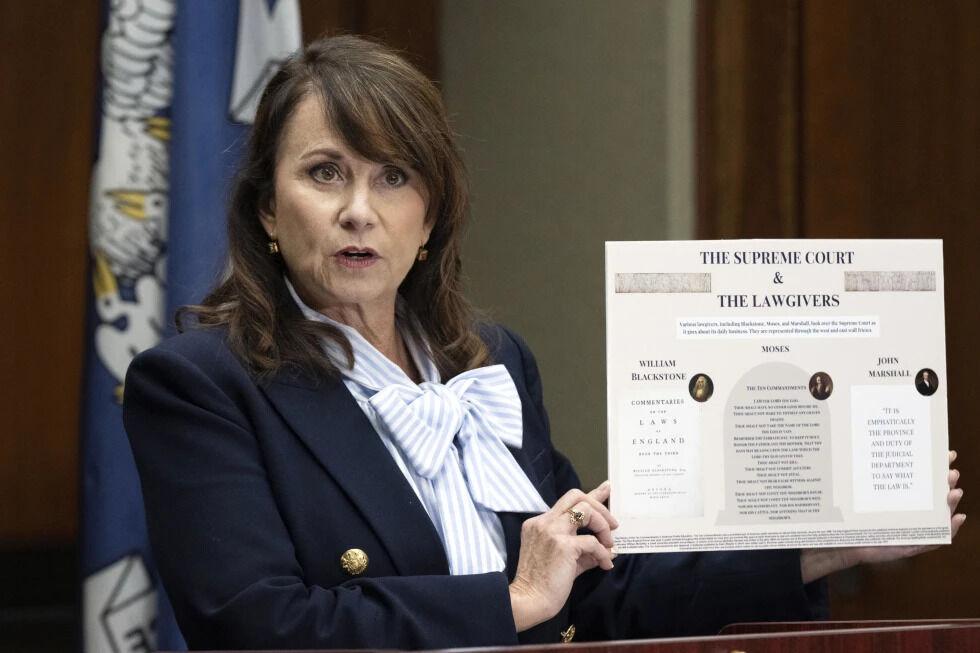I used to watch people read the newspaper. It’s interesting to see how long someone would linger on a certain article or topic.
I remember watching one man in particular. He eagerly looked over the front page headlines, reading bits and pieces of the articles that interested him. Then he turned the page and glanced at the international briefs. His eyes glazed and quickly wandered to the “offbeat” area, where a long article detailed a man whose hobby is eating aircraft aluminum. His face brightened and a smile emerged.
Such is typical of so many Americans. It’s as if the world around them is a trivial, disassociated entity. The foreign world is not worth reading or learning about. Sometimes I wonder whether or not these people realize what is going on around them in the world may have a impact on them in the future.
I once asked my friend about what he thought of the situation in Israel.
“What’s going on in Israel?” he asked.
I asked him about what he knew of Northern Ireland.
“Northern Ireland.” He smiled, realizing his ignorance. “I don’t know. What’s up with Northern Ireland?”
Maybe one of the reasons many Americans don’t care about foreign affairs is because we feel we don’t have to. A line of common thought I’ve noticed: “There is no reason to care about Iraq unless Hussein is blocking our oil supply or arming to destroy western civilization.” Only when our nation stands on the edge of invasion do we, typical Americans, finally pay attention and scrutinize the situation.
But why wait? America has its hand in almost every pot around the world. We are the world’s police force, marketplace and source of culture, and we have in some way shaped every country in the world.
Logic says to understand any situation we must first understand the context. And America is always in some situation in the world, but oftentimes we choose to take the situation out of context. We fail to understand the “whole picture,” and instead take what we know and charge ahead either with uninformed opinions or no opinions at all.
Speaking of context, I saw “Bloody Sunday” last weekend. I noticed the film, about the deaths of Irish Catholic civilians at the hands of British paramilitaries in a peaceful march for civil equality (a major event in the history of Northern Ireland’s “Troubles”), left many of the moviegoers confused. Audience members were puzzled by what they had just seen. Some left early, grumbling about how they didn’t understand it.
They had no context to put the film into; they knew almost nothing about what has been going on in Northern Ireland for the past few decades. The film stands well alone, but in context it is a testament to the destructive powers of hate, and to the notion hate breeds only hate. It’s one of the most powerful films I’ve seen in a while, but to go into the film uninformed is to not fully comprehend it.
But seeing that our nation recently experienced terrorism, something it hadn’t really known before, I expected we would have empathy for others in tragic situations. I had hoped the horrors in New York City, Washington, D.C., and Pennsylvania would bring about a yearning to understand other situations in the world and in effect a yearning for context. Indeed, some people have bothered to read all of the newspaper, including the section on international affairs. But for most people, nothing has changed. Americans choose to be as ignorant about the world around them as they were two years ago. Yes, ignorance may be bliss. But nowadays, we can’t afford such dangerous euphoria.
Globally unconscious
By Eric Gremillion - Columnist
November 12, 2002
More to Discover







